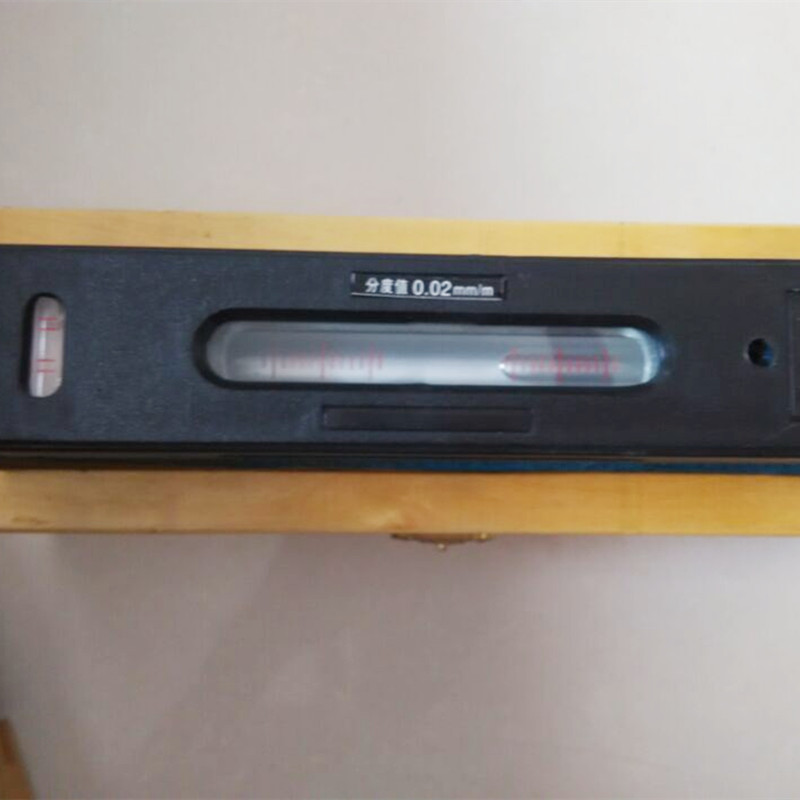11月 . 27, 2024 22:12 Back to list
Understanding Piston Check Valves and Their Applications in Fluid Systems
Understanding Piston Check Valves Function, Applications, and Benefits
Piston check valves are essential components in various hydraulic and pneumatic systems, designed to ensure the unidirectional flow of fluids. Their primary function is to prevent backflow, thereby protecting pumps, compressors, and other equipment from potential damage caused by reverse flow. This article will delve into the workings, applications, and advantages of piston check valves, providing a comprehensive understanding of their significance in modern engineering and industrial processes.
What is a Piston Check Valve?
A piston check valve is a specific type of check valve that utilizes a piston mechanism to regulate fluid flow. Unlike traditional swing or ball check valves, which rely on gravity or buoyancy to close the valve, a piston check valve operates through the movement of a cylindrical piston within a housing. When fluid flows in the designated direction, the piston is pushed away from its seat, allowing fluid to pass. Conversely, if there is a reversal in flow, the piston is forced against the seat, sealing the valve and preventing backflow.
How Do Piston Check Valves Work?
The operation of a piston check valve is relatively straightforward. The valve consists of a cylindrical body that houses a piston and a spring mechanism. As fluid enters the valve, it exerts pressure on the piston, overcoming the force exerted by the spring. This action displaces the piston, allowing the fluid to flow through the valve. The spring is essential in returning the piston to its original position once the flow ceases or reverses, ensuring a tight seal against backflow.
The design of piston check valves allows them to handle a variety of pressures and fluid types, making them versatile for different applications. Because they can effectively eliminate the risk of water hammer, which often occurs in systems where sudden changes in fluid flow create pressure spikes, they enhance system reliability and longevity.
Applications of Piston Check Valves
Piston check valves find their application across multiple industries
. Here are some common areas where they are utilized1. Water and Wastewater Management In municipal and industrial water systems, piston check valves ensure that wastewater does not flow back into clean water lines. They are essential in maintaining the integrity of treatment plants and distribution systems.
2. Oil and Gas Industry Piston check valves play a crucial role in oil pipelines and refineries, where they help control the flow of crude and refined products, preventing backflow that could lead to contamination or equipment failure.
piston check valve

3. Hydraulic Systems These valves are widely used in hydraulic circuits to maintain pressure and prevent fluid from flowing back to reservoirs, thus protecting pumps and actuators from damage.
4. HVAC Systems In heating, ventilation, and air conditioning (HVAC) systems, piston check valves help maintain consistent pressure and prevent backflow, ensuring efficient operation and energy savings.
5. Food and Beverage Industry Piston check valves are often employed in processes that require strict hygiene standards, such as in the production of beverages and food products, where they prevent contamination from backflow.
Advantages of Piston Check Valves
There are several advantages to using piston check valves in various applications
- Reliable Performance Piston check valves offer high reliability and can handle fluctuations in pressure and flow, ensuring a consistent operation.
- Low Maintenance The robust design of piston check valves often means they require less maintenance compared to other types of check valves, resulting in lower operational costs over time.
- Versatility These valves can accommodate a wide range of fluids, including corrosive or viscous liquids, making them suitable for diverse applications.
- Enhanced Safety By preventing backflow, piston check valves contribute to the overall safety of the system, protecting against system failures and potential hazards.
Conclusion
In conclusion, piston check valves are critical components that ensure the efficient and safe operation of various fluid systems. Their unique design and functionality provide numerous advantages, making them a preferred choice in many industrial applications. As industries continue to evolve, the demand for reliable and effective fluid control solutions like piston check valves will undoubtedly remain high, underscoring their importance in modern engineering. Understanding the role these valves play can help engineers and system designers make informed decisions, leading to improved system performance and reliability.
-
Surface Plate Maintenance Best Practices for LongevityNewsJun.27,2025
-
Historical Evolution of Iron Surface Plates in Industrial MetrologyNewsJun.27,2025
-
Cast Iron Y Strainer Safety StandardsNewsJun.27,2025
-
Blockchain Verification for Gauge Tool Certification IntegrityNewsJun.27,2025
-
Advantages of Triple Offset Butterfly Valve Types in High-Pressure SystemsNewsJun.27,2025
-
Wear Resistance Strategies for Trapezoidal ThreadsNewsJun.26,2025
Related PRODUCTS









